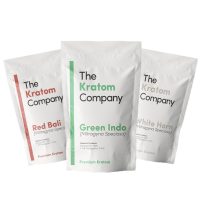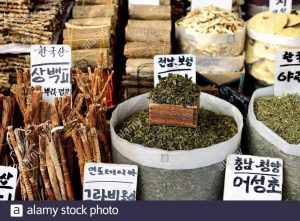Home » Another Positive Kratom Study

Another Positive Kratom Study
- Anthony Dent, Founding Member
- No Comments
-A landmark study brings credence to a mountain of anecdotal evidence on the medicinal potential of kratom
https://www.ncbi.nlm.nih.gov/pmc/articles/PMC7309668/
I remember my first swimming lesson. It’s one of those moments in time, the oddity of stark mundanity latching in my mind’s museum, duct tape piecing together the ancient relic of an unmemorable souvenir of my youth. A simple enough day, without any seminal bearings requesting recollection, no brilliant flashes that struck my half-form brain like lightning think. But I remember the color orange.
It was bright. Shining. Almost like the halo of an orange leviathan, or an oversized candy circlet. It’s an ubiquitous sight around pools, that orange life ring, intended to be thrown into a pool as some poor bastard struggles in 3 feet of water. It wasn’t the rarity of the object, as I look back on it. No, as I waded into the pool and eyed it over, as if it might disappear in my moment of need. It was a quiet moment of solemnity as I realized that water was indeed something to be respected. I remembered it because, perhaps, it would someday be something that could save my life.
“This has saved my life.” How’s that for another everyday object? It’s heard when a friend helps another finish a homework assignment at the eleventh hour, or another remembered to bring the umbrella under deluge delight. And so the meaning slips by us in its most honest moments, when it’s to be taken literally, just as a life ring by the pool barely catches our notice unless it catches the sun just right.
But I keep hearing it. I keep hearing “Kratom has saved my life.” And those responsible for keeping us away from the deep end ignore, ignore, ignore. But now, as the light catches just right on a groundbreaking new study from the Yale Journal of Medicine, we can hope that this tenuous water tread of the kratom community can be buoyed by the scientific research we have long waited for.
The Potential of Kratom to treat Depression
The links above are just a few of many stories. People from all walks of life: veterans, ex-pat engineers, mothers, all sharing a similar story, that of the incredible reprieve that kratom has given them. And the community has waited for the science to catch up, but the Process takes time. It takes even more time when our government, long famous for their inane demonization of innocuous substances, clings to misinformation like a castaway to a log. The “Why” has been discussed ad-nauseum and will again find time to be heard, but today, we focus on the release of a long awaited study.
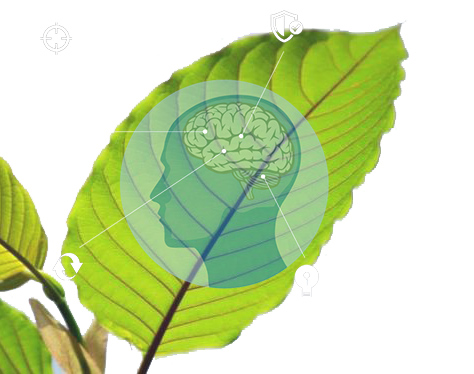
Matching with these endless accounts of kratom’s medicinal potential, the team of researchers at Yale found credible validity in their claims. Although they note that more studies are needed, the summary states that “several online and in-person surveys note relief of depression and anxiety among those who consume kratom.” This, in tandem with the observance that “(kratom users report) a decreased desire to use illicit substances (like opioids) suggests kratom’s potential as a harm reduction agent for people with substance abuse disorders.”
Many of the anecdotes of kratom’s life saving qualities come from addicts who have found relief from their damaging opioid addiction – one of many lost voices in our national opioid epidemic – but so too have many seen their quality of living increase substantially as kratom allows them to manage their pains, while also permitting them to cessate the dangers of prescription painkillers or remove them entirely from their lives. The crucial difference between kratom and opioids lies in the enormous differential for harm. While opioids kill thousands of Americans a year, no consensus can be reached that finds proof that kratom alone can be a cause of death (The FDA’s claims to the contrary – scant as they are – have been debunked numerous times.) Instead, the researches at Yale not, “Importantly, these compounds (in kratom) operate without recruiting beta-arrestin 2, which is associated with a range of commonly reported undesirable effects such as respiratory depression and dependence.” Bear in mind that respiratory depression is overwhelmingly the mechanism of death in opioid related fatalities.
Still, some critics say, why trade one drug for another, ignoring that “another drug” has a fatality rate 100% lower than opioids? “Unlike 7-HMG (compound in opioids), mitragynine (compound in kratom) has been found to lack addictive properties.” While this is not to say it cannot be over used and at cause for dependency, one must remember that most anything in this world can be at cause for addiction: candy, red meat, intimacy, weight lifting. As human nature is strange, any substance or activity that brings pleasure has the potential to form habits. That does not inherently make it dangerous or amoral, and certainly does not require that we wholesale ban it from use. Tobacco and sugar are at cause for countless deaths, both substances with no accepted medicinal claim, and yet the FDA is nowhere to be found in regulating these. What a coincidence, then, that when a substance is found to be threatening to FDA’s prolific golden goose of the kingdom of opioids, that the FDA should be so noble to intervene for the sake of the public and seek the ban kratom.
The study notes that kratom has even greater potential than a bulwark in the battle against the opioid epidemic. “Indole alkaloids (compounds present in kratom) have been used for, and continue to show promise as, therapeutic drugs. They have been developed into useful therapies for migraine, depression, and schizophrenia.” And yet, as the FDA would see kratom be put into the schedule one category of drugs, next to such heavy weights as heroin and crack cocaine, scientists and Yale conclude that “Mitragyna speciosa (kratom) shows promise for depressive and psychotic disorders.” When noting the side effects that plague other drugs that target similar substances, they conclude, “To date, these adverse effects have not been observed with the use of kratom in animals or humans.”
And on we go
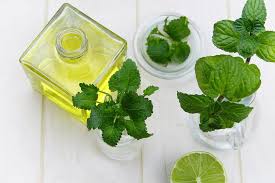
The researches pored through dozens of studies, analyzing trends and conducting motions of their own to reach working postulates on the potential for kratom. “Low doses generally provide a motivational and stimulant effect and thus may be helpful in work settings. Higher doses are reported to increase relaxation and calm. Users describe increased sociability and empathy.”
An increase in empathy?
Well, damn. Sounds like we all need some kratom.
Side effects are noted, but are highly correlated with poly-drug abuse. Because we can assume that as users are reporting feeling “increased calm” are not having painful side effects, its fair to assume that the other drugs in use at the same time as kratom as likely responsible for many of the side effects listed. These false equivocations are often attributed to kratom, without second thought, from its opponents. But you don’t hear from heroin, crack, and meth addicts that “This drug has saved my life.” You generally hear the opposite.
So yes, a few cases can be written off. But thousands with glowing praise for kratom can not be ignored. “Users from various background have reported feeling happiness, well-being, mellowness, being able to relax, a mental calm with no loss of clarity, having more energy, increased desire to work, and a strong desire to communicate with loved ones.” I don’t think we could create a better anti-depression cocktail if we tried. Then again, nature often has a way of taking care of its own.
A survey of thousands found that pain relief and treatment of depression was a primary impetus for kratom use. Over 2/3rds of this group, despite treating themselves for painful symptoms, reported that they felt in “very good health” while using kratom.
It’s no wonder, as again, the study reinforces the non-toxicity of kratom. “In very high doses administered to various animal species there were no acute deaths or significant effects of toxicity. In humans, unlike with opioids, there have been no reported effects of respiratory depression or significant toxicity with the use of kratom alone.”
Trusting the Process
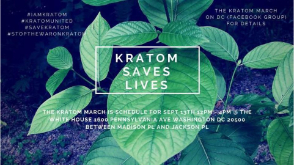
The kratom community has always been at the forefront in the search for high quality, scientific studies. While lacking the venerable double blinds, this report from Yale stands in stark contrast to the unverified claims of the opponents of kratom. As lawmakers who once opposed kratom are given information performed by the scientific community, they often change their minds and pivot, instead seeing the potential to reduce harm in their state and increase the potential for medicinal agency amongst their constituents. And so the kratom community continues to encourage studies of large scale and scope, with full transparency. Instead of wishing to hide the truth of kratom, the community would have it be spread, that kratom is available to all those who may benefit from its significant potential.
—
I think back to the pool. In that moment when I noticed the life ring, I realized the danger of the water. But I was learning how to swim so I could handle the water responsibly, like everyone else there. And so I jumped right in. As we float in uncertainty as the opposition flounders, the kratom community asks that lawmakers see the water not for its occasional storm but its many life-giving properties. We would not think to banish water that it makes us wet when we wish to be dry.
And so the hope is that we collectively head for calmer waters.
Because after learning how to swim, some of us don’t want to leave the pool.
-This article is a summary of a study done by reputable researchers. However, it is not to be taken as medical advice. This information is not to be taken in lieu of professional medical advice from your healthcare provider. Do not take anything on this blog as medical advice. Always consult with your doctor before making any decisions about your health. Do not stop taking any doctor prescribed medications unless you have talked with your doctor. Kratom does not cure any diseases. Further research will continue to show that kratom does not cure any diseases. Thus, do not take kratom as a cure for any diseases. Some studies show that kratom may be able to lessen some symptoms. This is not proven. The content of this blog is based on reports, is speculation and conjecture, and should not in any way be regarded as proven or medical advice. Always conduct thorough research. Never take medical advice from the internet. Always think carefully about what you put into your body. Always consult your doctor before making any changes that may affect your health.
Featured Products
-
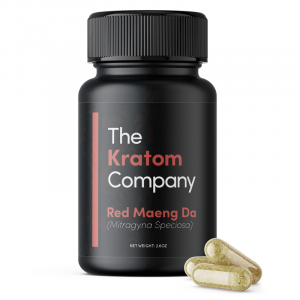 From $24.00Select options This product has multiple variants. The options may be chosen on the product page
From $24.00Select options This product has multiple variants. The options may be chosen on the product page -
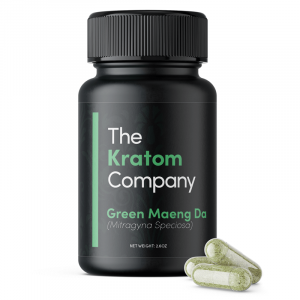 From $24.00Select options This product has multiple variants. The options may be chosen on the product page
From $24.00Select options This product has multiple variants. The options may be chosen on the product page -
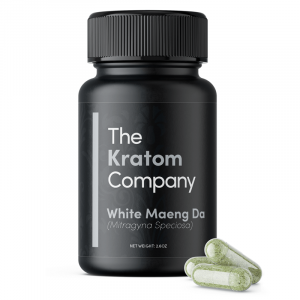 From $24.00Select options This product has multiple variants. The options may be chosen on the product page
From $24.00Select options This product has multiple variants. The options may be chosen on the product page
Explore More Posts
Product Search
Featured Products
-
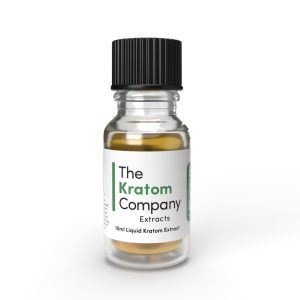 Pure Kratom Liquid Extract
Rated 4.72 out of 5From $20.00
Pure Kratom Liquid Extract
Rated 4.72 out of 5From $20.00 -
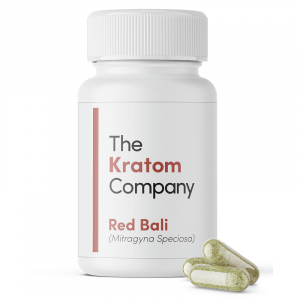 Red Vein Bali Kratom Capsules
Rated 4.70 out of 5From $24.00
Red Vein Bali Kratom Capsules
Rated 4.70 out of 5From $24.00 -
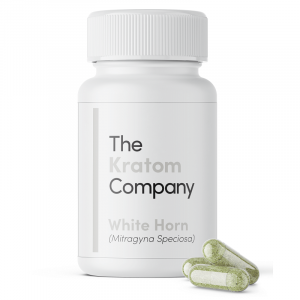 White Horn Kratom Capsules
Rated 4.88 out of 5From $24.00
White Horn Kratom Capsules
Rated 4.88 out of 5From $24.00
Recent Blogs
Follow Us
Strains
Blogs
NEWSLETTER
Sign up for our newsletter!

These statements and products presented on this website have not been evaluated by the Food and Drug Administration FDA. The products mentioned on this website are not intended to diagnose, prevent, treat or cure any diseases or health conditions. Therefore any information on this website is presented solely as the opinions of their respective authors who do not claim in any way shape or form to be medical professionals providing medical advice. The KRTM Company and its owners or employees cannot be held responsible for, and will not be liable for the inaccuracy or application of any information whatsoever herein provided. By purchasing our products you agree that you are aware and in compliance with your local county, state, or federal regulations. Must be 21 years or older to purchase Kratom. The US FDA has not approved kratom as a dietary supplement. We do not ship to the following states, cities and counties in the US where Kratom is banned: Alabama, Arkansas, Indiana, Rhode Island, Vermont, Wisconsin, Sarasota County, FL, Union County, MS, Denver, CO, San Diego, CA, and Jerseyville, IL.

